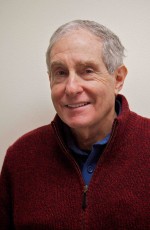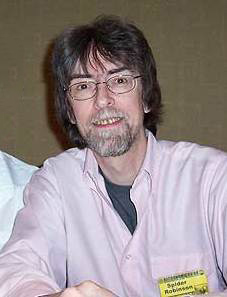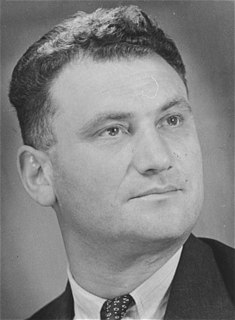A Quote by David Ehrenfeld
Will the things that are being lost - the wilderness, the plants and animals, the skills, and all the others - leave too vast a gap in the human spirit? This is the unanswerable question. In the meantime, we must live in our century and wait, enduring somehow the unavoidable sadness.
Related Quotes
Inwardness is the characteristic feature of the vegetable rather than the animal approach to existence. The animals move, migrate and swarm, while plants hold fast. Plants live in a dimension characterised by solid state, the fixed and the enduring. If there is movement in the consciousness of plants then it must be the movement of spirit and attention in the domain of vegetal imagination. (...) This is the truth that the shamans have always known and practiced. Awareness of the green side of mind was called Veriditas by the twelfth century visionary Hildegard Von Bingen.
I think it is time we learned the lesson of our century: that the progress of the human spirit must keep pace with technological and scientific progress, or that spirit will die. It is incumbent on our educators to remember this; and music is at the top of the spiritual must list. When the study of the arts leads to the adoration of the formula (heaven forbid), we shall be lost. But as long as we insist on maintaining artistic vitality, we are able to hope in man
This is what it is to be human: to see the essential existential futility of all action, all striving -- and to act, to strive. This is what it is to be human: to reach forever beyond your grasp. This is what it is to be human: to live forever or die trying. This is what it is to be human: to perpetually ask the unanswerable questions, in the hope that the asking of them will somehow hasten the day when they will be answered. This is what it is to be human: to strive in the face of the certainty of failure. This is what it is to be human: to persist.
It's not as though we can keep burning coal in our power plants. Coal is a finite resource, too. We must find alternatives, and it's a better idea to find alternatives sooner then wait until we run out of coal, and in the meantime, put God knows how many trillions of tons of CO2 that used to be buried underground into the atmosphere.
A reasonable being should ask himself why - if chemicals can enter into plants, and plants be taken up into animals, and animals be taken into man - why man himself, who is the peak of visible creation, should be denied the privilege of being assimilated into a higher power? The rose has no right to say that there is no life above it and neither has man, who has a vast capacity and unconquerable yearning for eternal life and truth and love.
We are all here on this planet, as it were, as tourists. None of us can live here forever. The longest we might live is a hundred years. So while we are here we should try to have a good heart and to make something positive and useful of our lives. Whether we live just a few years or a whole century, it would be truly regrettable and sad if we were to spend that time aggravating the problems that afflict other people, animals, and the environment. The most important things is to be a good human being.
Let's start with Jesus' answer: "Look for the kingdom first and all else will come together." Life is fragmenting, fragmented. I have a thousands things to do, others do too. We can live our life as if the main question is, "How can keep it together? How do I juggle all the balls? But the real question is, "How can I stay home - interiorly home - while I do these many things?
We must fight against the spirit of unconscious cruelty with which we treat the animals. Animals suffer as much as we do. True humanity does not allow us to impose such sufferings on them. It is our duty to make the whole world recognize it. Until we extend our circle of compassion to all living things, humanity will not find peace.
What the Indians are saying is that they are recognizing the right of wilderness to be wilderness. Wilderness is not an extension of human need or of human justification. It is itself and it is inviolate, itself. This does not mean that, therefore, we become separated from it, because we don't. We stay connected if, once in our lives, we learn exactly what that connection is between our heart, our womb, our mind, and wilderness. And when each of us has her wilderness within her, we can be together in a balanced kind of way. The forever, we have that within us.



































